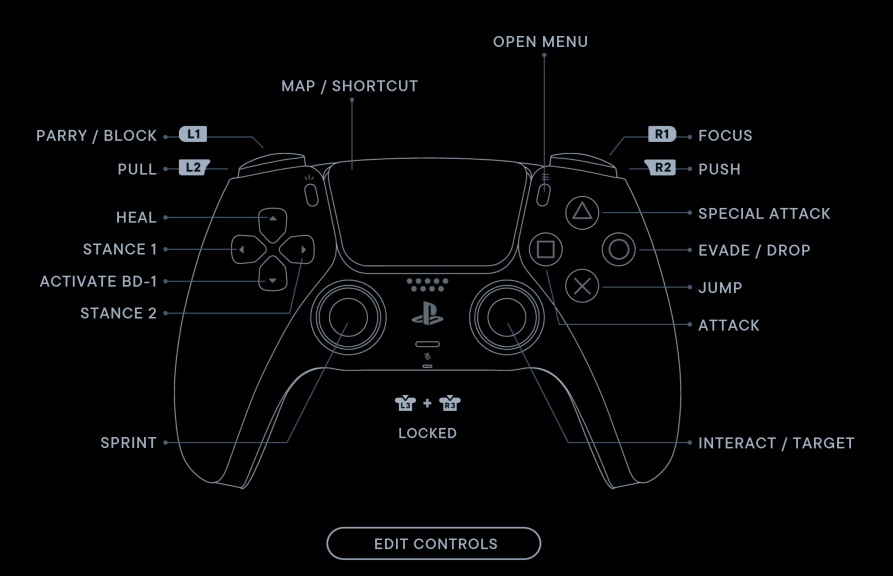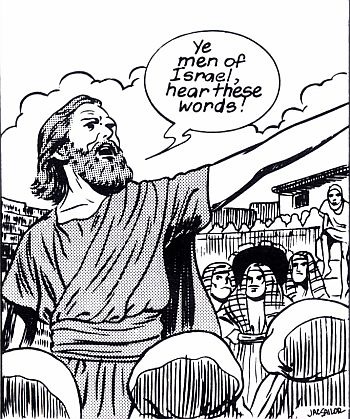Continued Functionality
By Anthony Casperson
2-8-25
As I drew near the end of a video game, I appreciated the fact that I’d gotten it and its sequel for a great deal. I could continue the story right away. It could be like it’s just one big game to me.
But I also wondered how the control scheme would carry over for the gameplay. I’ve experienced too many game sequels where the same character has to learn the exact same move set from the first, as if the character wrestled with a terrible case of amnesia. Also, I’ve played a few sequel games that completely redesigned the gameplay mechanics, leaving the two games to feel as if they had little in common at all.
So, I had to wonder if it really would feel like one smooth transition over to the second game. And so, my wondering as to how the sequel measured up in this particular case grew as I neared the end of the first game.
But when I started up the second game’s opening tutorial, surprise overcame me. Not only did the tutorial introduce every single move that had taken the entire first game to learn, but nearly all of the control scheme was the same. The only minor difference was to allow for the added functionality of the game’s new mechanics.
The continued functionality felt completely natural to the old controller scheme. And allowed for even more than what had been previously possible. When it came to the method of interface, the sequel continued the original’s function. The new didn’t negate the old.
Around the same time as my transference from one game to its sequel, my preparations for a sermon led me to a passage that spoke of the role of the Holy Spirit in the life of an Old Testament character. And my thoughts made me consider how we followers of Jesus often act as if the interface with the Third Person of the Trinity doesn’t have the continued functionality from the Old Testament.
We act like one of the main purposes in the Holy Spirit’s work found in the Old Testament has been negated now that we live under the new covenant with Christ.
Don’t get me wrong. There is added functionality with the Spirit because of the sacrifice of Jesus. For instance, the Holy Spirit is the seal of guarantee God places upon those of us who bow before the cross—like we see in Ephesians 1:13-14.
But quite often, when we consider the role of the Spirit to be mainly this single aspect, we think of him only in relation to the future. The afterlife. There’s not much thought about the present role of the Spirit in the life of a follower of Jesus.
And even if we consider that the spiritual gifts God gives are actually gifts of the Spirit—allotments of power from the Holy Spirit—we’re merely hinting at one of the major aspects of the Spirit’s work from the Old Testament. It hardly causes us to think about the continuation of function in the daily life of a follower of Jesus.
Every single one of the leaders whom God chose in the book of Judges had the Spirit rest upon them before they began their work. As both Saul and David were anointed by Samuel, the Spirit rushed upon each man in order to empower them to lead the nation. And it’s not only leaders of Israel’s history that had the Spirit placed upon them, so the interaction with the Holy Spirit isn’t relegated to only leaders.
But there is one thing that every single instance of the Spirit coming upon a person in the Old Testament has in common. In every instance, he empowers the person for a reason. A purpose. A mission.
There’s something that God has for the Spirit-empowered person to do. A task for them to complete. That task is something far greater than they could do in only their own power, hence the need for Spirit’s presence. God calling the person for a mission is a major reason why the Third Person of the Trinity is placed upon a man or woman of God.
But that means we have to ask, what is that mission for us today?
The specifics for each person might be a little different in the details. But in a broader sense, the mission for us today is the same as the mission told to the first followers of Jesus after his resurrection.
In Acts 1:8, we see Jesus tell his Apostles that they’ll receive the power of Holy Spirit upon them. And he continues saying that they will be his witnesses in Jerusalem, Judea, Samaria, and to the uttermost parts of the world.
A parallel account of the same conversation, found in Matthew 28:18-20, is called the Great Commission. The Apostles are told that wherever they go, they’re to make disciples of all nations—which is done by baptizing them in the name of the Father, the Son, and the Holy Spirit, and teaching them to observe everything that he taught.
The follower of Jesus is given the Spirit for a reason. A reason in the present. He’s not just the seal proving our way to heaven. We shouldn’t relegate him to some far-off future moment. And more importantly, this major reason for his presence means that we can’t just sit around doing nothing with our faith until Jesus returns.
The Spirit is the one who empowers us to live this life for God. He gives us the ability to be a witness for our Savior. Through the gifts of the Spirit, we call others to life with Jesus and to grow more like our Savior. New life that leads to growth in maturity.
It shouldn’t surprise us that one of the major interfaces with the Spirit continues on between the covenant of the Old Testament and the covenant brought about in the New Testament by the sacrifice of Jesus. He’s the same God with the same mission, regardless of the progression of his covenants.
There’s continued functionality because it’s the same story.
For this reason, we followers of Jesus should allow the Spirit to do his work through us. And rely on him to empower us to do what is beyond our natural abilities. That’s whether we’re publicly out there speaking our faith, or quietly sharing the truth of God with one other person. And also using those gifts of the Spirit for the growth and maturity of our fellow brothers and sisters in the faith.
Whatever the specifics of our personal mission from God, remember that the Spirit is there just as he always has been. Ready to empower God’s people for the work.



